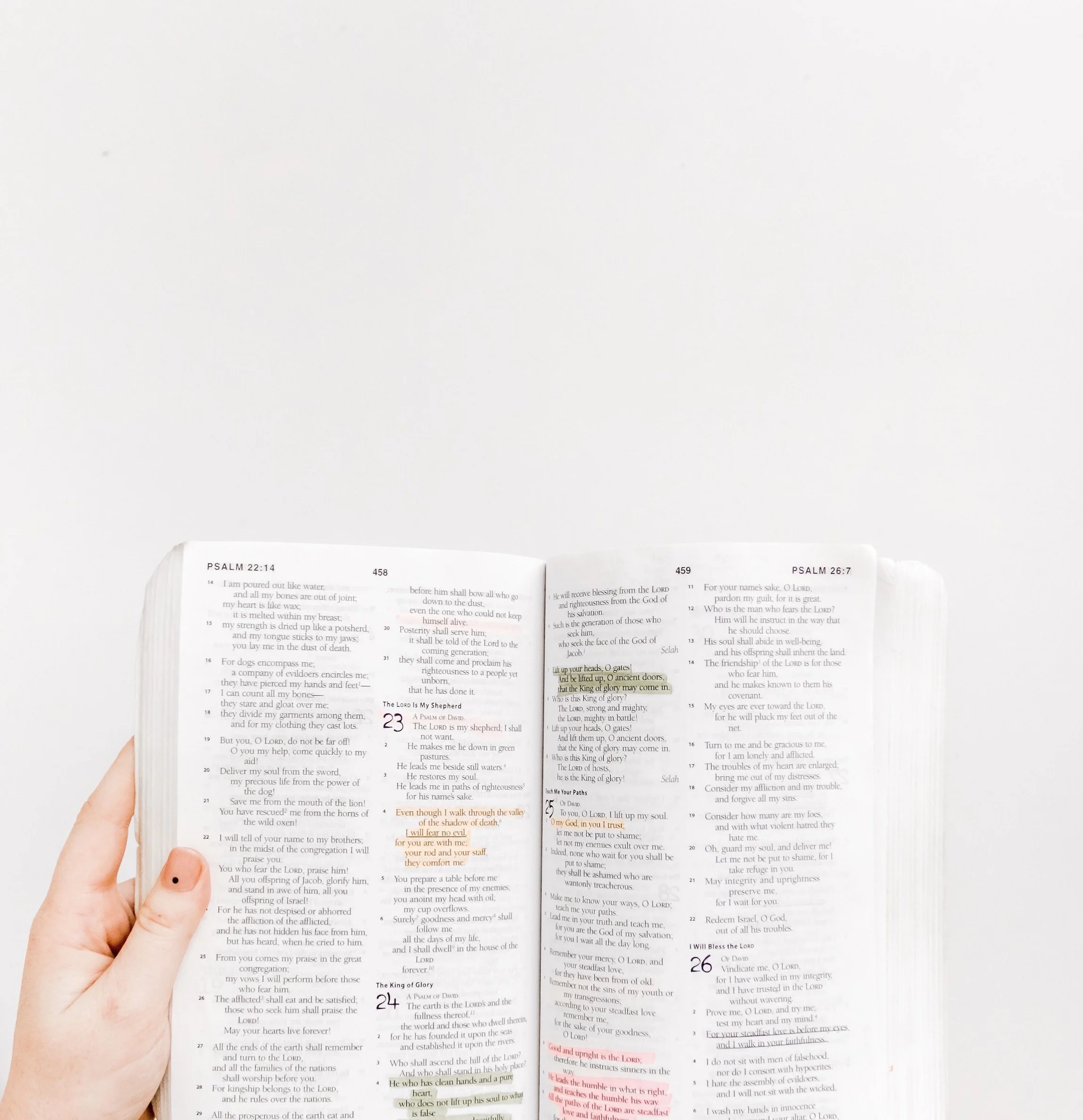Privacy vs. Secrecy
That is how heavy a secret can become. It can make blood flow easier than ink.
- Patrick Rothfuss, The Wise Man's Fear
Now that we’re edging into the era of parenting teenagers, I’ve been thinking about the idea of privacy versus secrecy. Both involve not sharing information with someone else, which is one of the clearest heralds of the teen years. I still remember the utter consternation her siblings expressed when our oldest began wanting to close the door when she used the bathroom (why in the world would anyone do that?). It can be jarring when the unabashed openness of the childhood years morphs into a novel opaqueness that veils the details of your child’s feelings, thoughts and relationships.
But even though they both involve withholding information, privacy and secrecy aren’t the same thing. What’s the difference?
Privacy is simply being unobserved. It’s a basic human need, but one which emerges in particular for teens who are establishing their own sense of self and developing independence. It is normal for a healthy teenager to desire privacy, and their need for it should be respected.
Secrecy, on the other hand, is the act of hiding information, keeping something from someone else that they would probably want to know. Secrecy is usually compelled by shame, deceit, or fear—fear of someone’s response, of the consequences, or of how sharing will make us feel. While privacy is the product of a trusting relationship, secrets tear down trust. While privacy establishes healthy boundaries, secrets build walls. While privacy can relieve stress, secrets increase it.
How do you know if you’re keeping a secret, rather than exercising a healthy level of privacy? Three signs may be:
you are intentionally hiding something, by investing energy to cover it up
you feel shame or fear about sharing it
you know the other person would be upset if they discovered you were hiding it
What I want my teen to know is that it’s okay to have privacy, but not to have secrets. They should feel their privacy is respected, but we’d ask them to share anything they suspect we may want to know, even if it seems embarrassing or uncomfortable. Some guidelines to keep in mind for ourselves are:
monitor, but do not spy. On one hand, you’ve got to trust the process for your child, that they’ll be capable of making decisions based on how you’ve already invested in them for the past decade-plus. Besides, teens often respond to invasions of privacy with greater secrecy. On the other hand, guidance is needed because they’re still learning, and part of your job is helping before they may know to ask for it. Therefore: monitor, but do not spy. Monitoring means you openly communicate in advance to your teen that you will be occasionally observing them in a particular way. Spying means you go behind their back to observe at a level of detail or degree of frequency they would likely feel violates their privacy. For example, we tell our teen we’ll be spot-checking all of her online activities, but will not read every line she writes on a daily basis. Frankly, monitoring requires more discipline as a parent. It’s harder to keep regular tabs as you’ve committed to doing, than to freak out when you accidentally catch wind of something and frantically investigate (not that I’ve done this).
build a culture of trust. Both having privacy and not having secrets requires the same thing: trust. And the more you can build trust outside of any potentially controversial issues, the better. This may mean going on regular dates with your teen without an agenda. Having a family routine each day when everyone is expected to show up and share something. Allowing opportunities for them to make their own decisions or express opinions. Being mindful to follow through on commitments you make. Modeling transparency in your own sharing.
assume less, listen more. In the absence of information, whether from privacy or secrecy, we tend to surmise. We jump to conclusions based on our own experiences, fears, values, and historical cultures. The more we love someone, and the more concerned or confused we may be, the easier it is to do this. We should consider information at any level to be a prompt to listen carefully before doing anything else, by asking questions like, what does this mean to you? how do you feel about it? what do you wonder about or want? what do your friends think or say? are you worried or afraid about something?
All of this (as you can imagine) is a tricky and evolving process that involves no easy right answers. The fact is, a lot of parenting in this stage feels like operating without all the information I prefer to have—but I suppose that’s good. It’s the beginning of learning how to emancipate my child, how to sift through my own motivations and hopes for them and see them for who they are in their own right. I suppose it’s not possible to take care of a being who is completely dependent on you for so many years without having to go through this process. In the end, it’s for me as much as it is for them.





